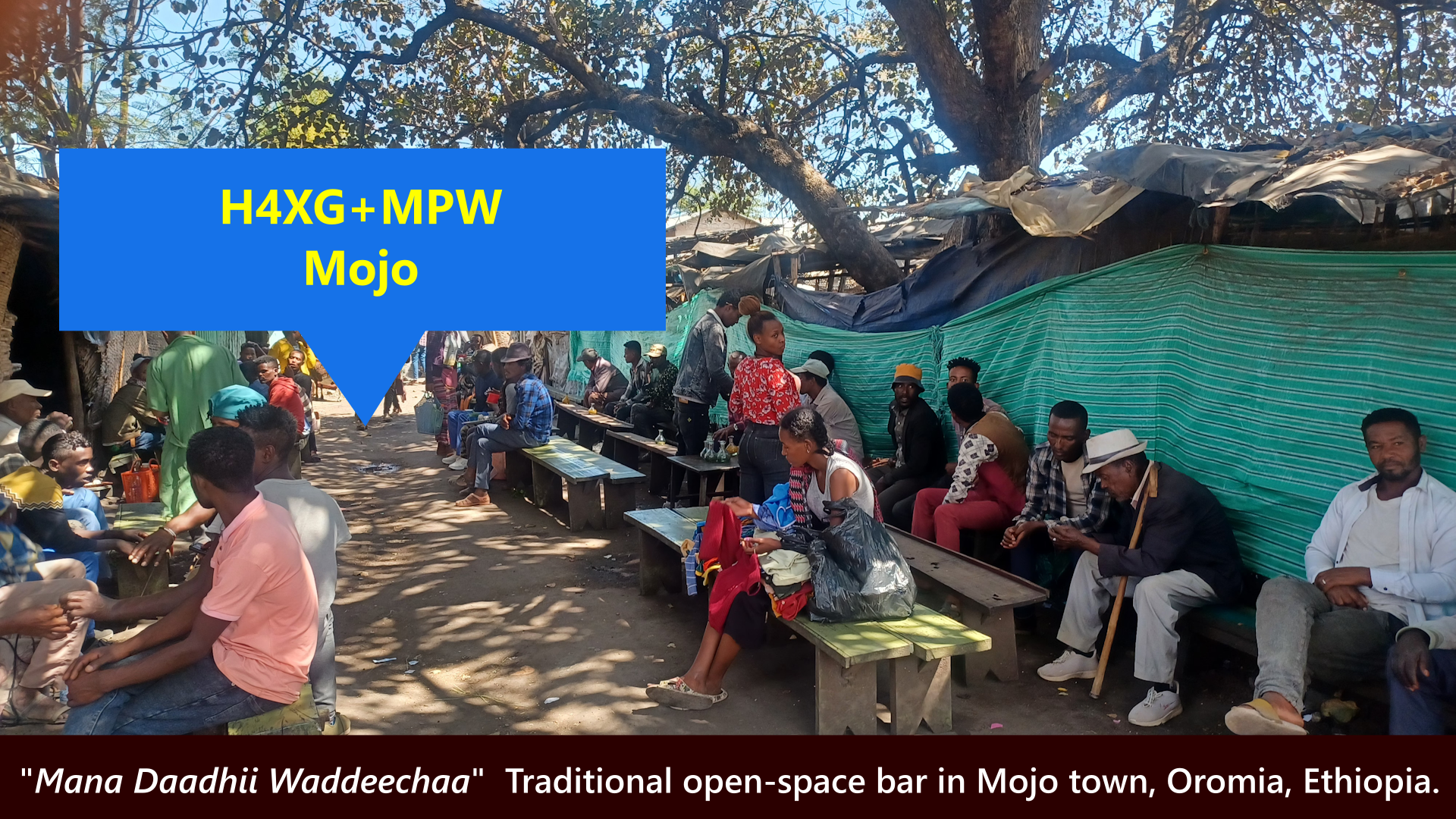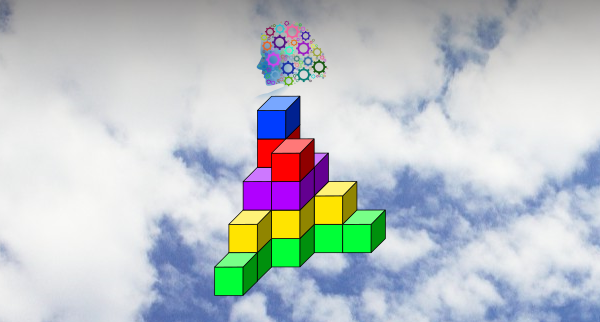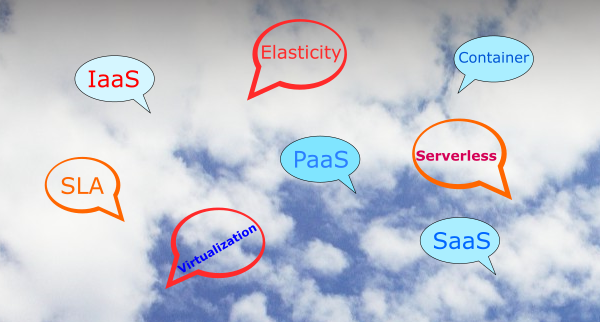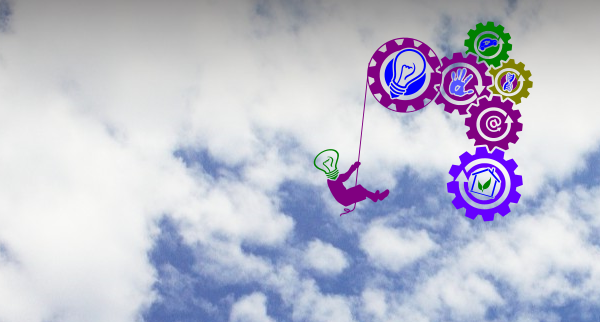Bridging the Abyss: A Reflection on Global Disparities and the Unravelling Human Tapestry
What does technological advance mean when the other world is left far behind? The Digital Knowledge Age makes this question all the more poignant and pressing. Just a thought for the day.
In a world defined by staggering gaps in wealth and knowledge, where societies grapple with scarcity and limited education, a paradox unfolds. Striking imbalances persist, with millions struggling for basic sustenance while a privileged few amass unprecedented wealth, all destined for the same inevitable fate.
Consider the plight of African farmers, whose stark impoverishment contrasts sharply with the technological strides shaping the opposite narrative. Over the past half-century, farmlands have succumbed to concrete jungles, productivity dwindled with land overuse and environmental damage, and social mobility stagnated or non-existent. Meanwhile, the Digital Knowledge Age ushers in a new era where personal AI research assistants coexist with persistent global disparities.
As we revel in the potential of AI for discovery and innovation, we confront the stark reality of those denied access to basic education. A moral imperative emerges for those endowed with wealth – can they afford to ignore the suffering of those without?
Reflect on the notion of collective freedom, justice, and democracy. Are these ideals achieved in isolation, or do they inadvertently sow discord elsewhere? What does one nation’s prosperity mean to another half a world away?
The essay concludes with a poignant query: Is the United Nations a misnomer? How united are nations, and by extension, how united are we as humans? The phrase “we are all interconnected” echoes, prompting contemplation on the accelerating divergence in a world that claims unity but teeters on the brink of fragmentation. Consider that.
















0 Comments